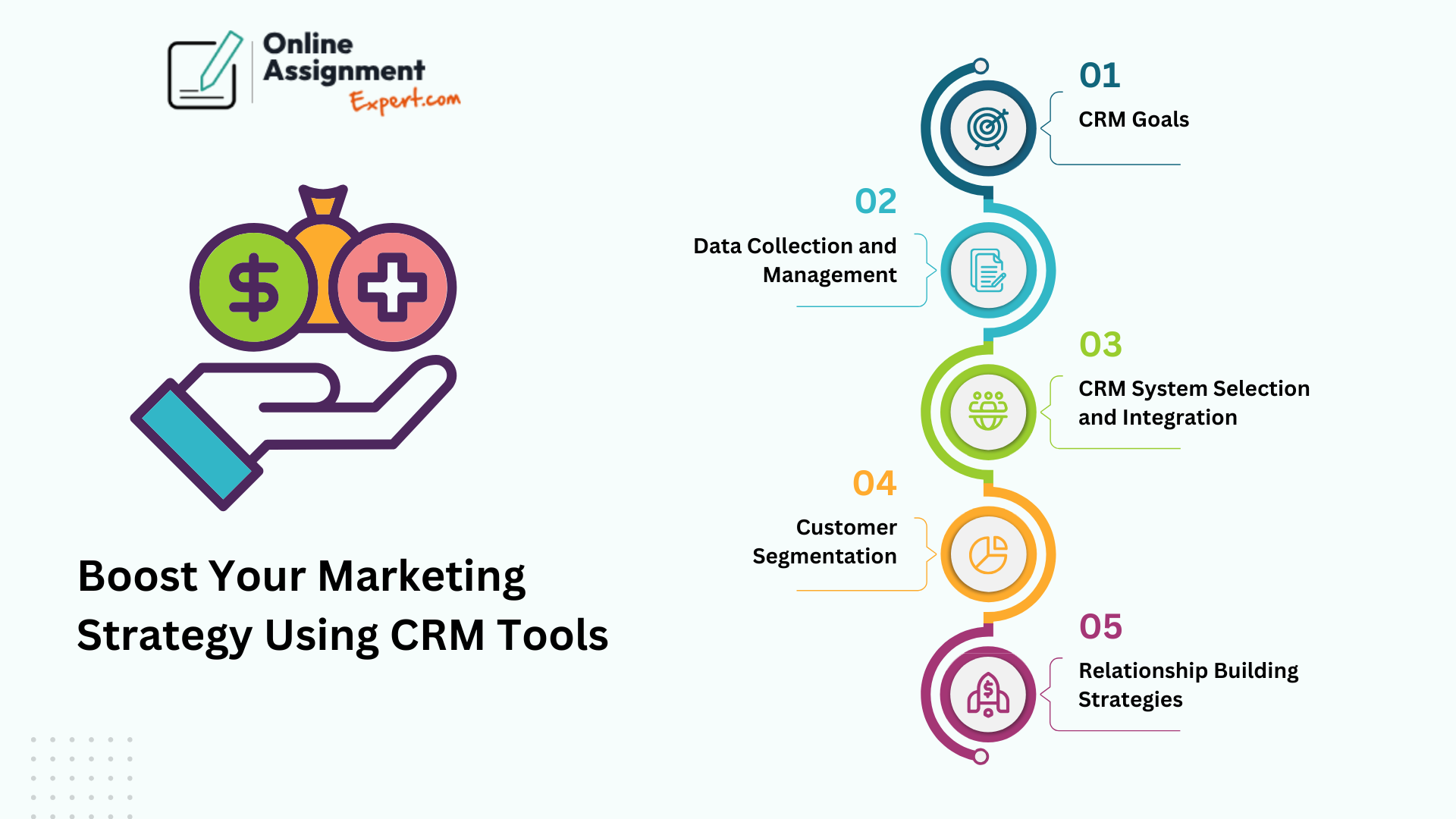
Customer relationship management is the abbreviation of CRM. In this context, it refers to a system or software that gathers all your customer information in one location. At the same time, it can also apply to the business procedures involved in establishing and sustaining relationships with your clients. You may automate processes, evaluate your sales team's strengths, track the acquisition of new customers, fill marketing gaps, boost conversion rates, and more with CRM software. On the most fundamental level, your CRM should be able to:
Additional problems that can be solved include the following:
Most modern firms place a strong emphasis on the client. Customers are king when it comes to marketing, despite popular belief. In markets for goods and services, consumers are in charge. Most of these markets are created with the requirements and wants of the consumer in mind.
Customer relationship management is the practice of managing and analysing customer interactions and data over the length of a customer's lifetime by a business (CRM).
CRM systems collect data from a variety of customer points of contact: such as the company website, company phone number, live chat, direct mail, marketing materials, and social media. This helps improve workflow automation and resource allocation.
Customer relationship marketing systems can also provide employees who work with customers with comprehensive knowledge of their personal information, purchase history, buying habits, and problems. This leads to better alignment between your sales and marketing functions.
The marketing assignment help specialists claim that CRM solutions are those marketing automation programmes, also known as the complete programmes for creating and evaluating particular campaigns. However, this is simply the top of the problem; even with specific technologies, it cannot be resolved alone.
A marketing automation solution that works in silos cannot provide the same understanding of client data as CRM technology. This enables the sales, service, and marketing teams to use CRMs to track historical data. You may design highly relevant and distinctive adverts with this range of data at your disposal that routinely yield good ROI. To see how this works in real-world scenarios, check out our Marketing Assignment Sample, designed to showcase the strategic use of CRM in marketing campaigns.
CRMs are a goldmine of data when it comes to understanding your target audience. An extensive database of potential buyers interacting with your brand makes up the tool. CRM software can show you which leads resulted in sales and which ones the sales team eventually rejected.
In a CRM database, you may click on specific contacts to examine details like company size, industry, location, and job description. What client demographics and categories to target in your campaigns might be determined using this data. On the other hand, information about disqualified leads might assist you in identifying the demographics that could be less important to your business.
Imagine, for instance, that you want to sell your product to local Swinburne business owners using an email blast. Using Reach, you may expand your email list by looking for leads who meet your precise criteria. You will receive email addresses and names from the tool, which you can use with personalised merge tags to ensure that your emails are personalised.
With a CRM, you may start building your list of leads for future contests and eliminate guessing in audience identification.
Incorporating CRM into your marketing strategy not only simplifies processes but also leads to informed decision-making based on real-time customer data. To get expert insights into CRM tools and campaign optimization, feel free to explore our business assignment help section for practical resources and consulting ideas.
Get
500 Words Free
on your assignment today